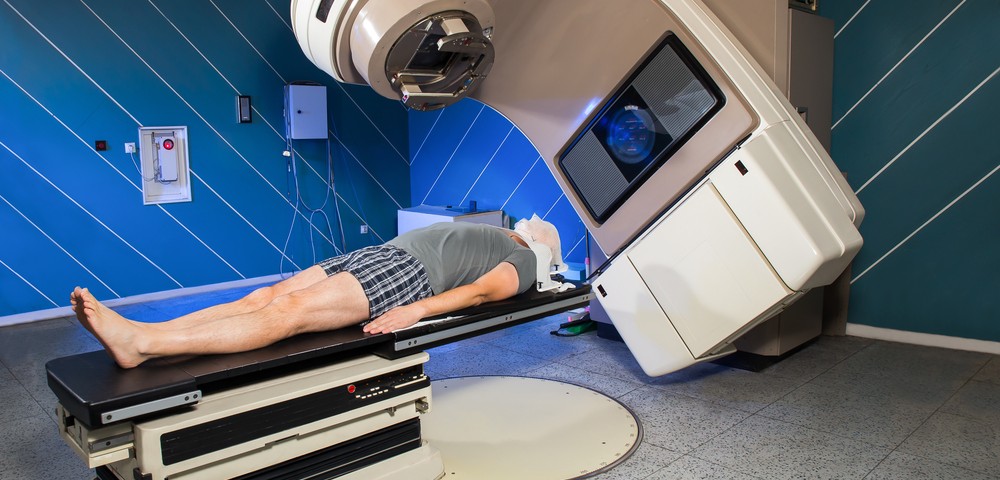Researchers at the University of Pittsburgh School of Medicine recently presented their findings on patients with early stage, indolent lymphoma that show more and more of these patients are not receiving treatment, chemotherapy, or pharmacologic therapy despite the substantial amount of evidence that supports radiotherapy as a favorable form of treatment. The report was given at the 57th annual meeting of the American Society for Radiation Oncology (ASTRO) in San Antonio, Texas.
According to the guidelines endorsed by the National Comprehensive Cancer Network and the European Society for Medical Oncology, radiotherapy continues to be the gold standard in treating low-grade follicular lymphoma — a type of non-Hodgkin lymphoma that progresses at a slow rate, and is commonly diagnosed in individuals who are at least 60 years old.
Radiation therapy is one of the oldest approaches to treating cancer, and has just as long of a history as a preferred method in addressing early stage follicular lymphoma. Still, many health care providers insist on administering alternative treatments.
“Our study highlights the increasing omission of radiation therapy in non-Hodgkin’s lymphoma and its associated negative effect on overall survival at a national level. This increasing bias towards the omission of radiation therapy is despite proven efficacy and increasing adoption of lower radiation therapy doses and more modern radiation therapy techniques which decrease risk of side effects,” said Austin Vargo, MD, a radiation oncologist at UPMC Cancer Center, partner with the University of Pittsburgh Cancer Institute, and lead author of the study. “More patients should be offered this effective yet underused treatment.”
The investigators studied documented care and patient survival outcomes in 35,961 individuals with early-stage follicular lymphoma from records in the National Cancer Data Base and found that preference for radiotherapy dropped from 37% in 1999 to 24% in 2012, with corresponding increases in the administration of single-agent chemotherapy and observation without initial treatment. Those that underwent radiation therapy registered 5- and 10-year survival rates (86% and 68%, respectively). Similar survival rates were observed in 74% and 54% of those who did not receive radiotherapy.
“Survival with radiation therapy in these cases are higher and we think that an evidence-based approach should be used by more oncologists when discussing treatments for their patients,” said Dwight E. Heron, MD, FACRO, FACR, director of radiation services, UPMC Cancer Center, and professor of Pitt’s Department of Radiation Oncology, Otolaryngology and Head & Neck Surgery.


